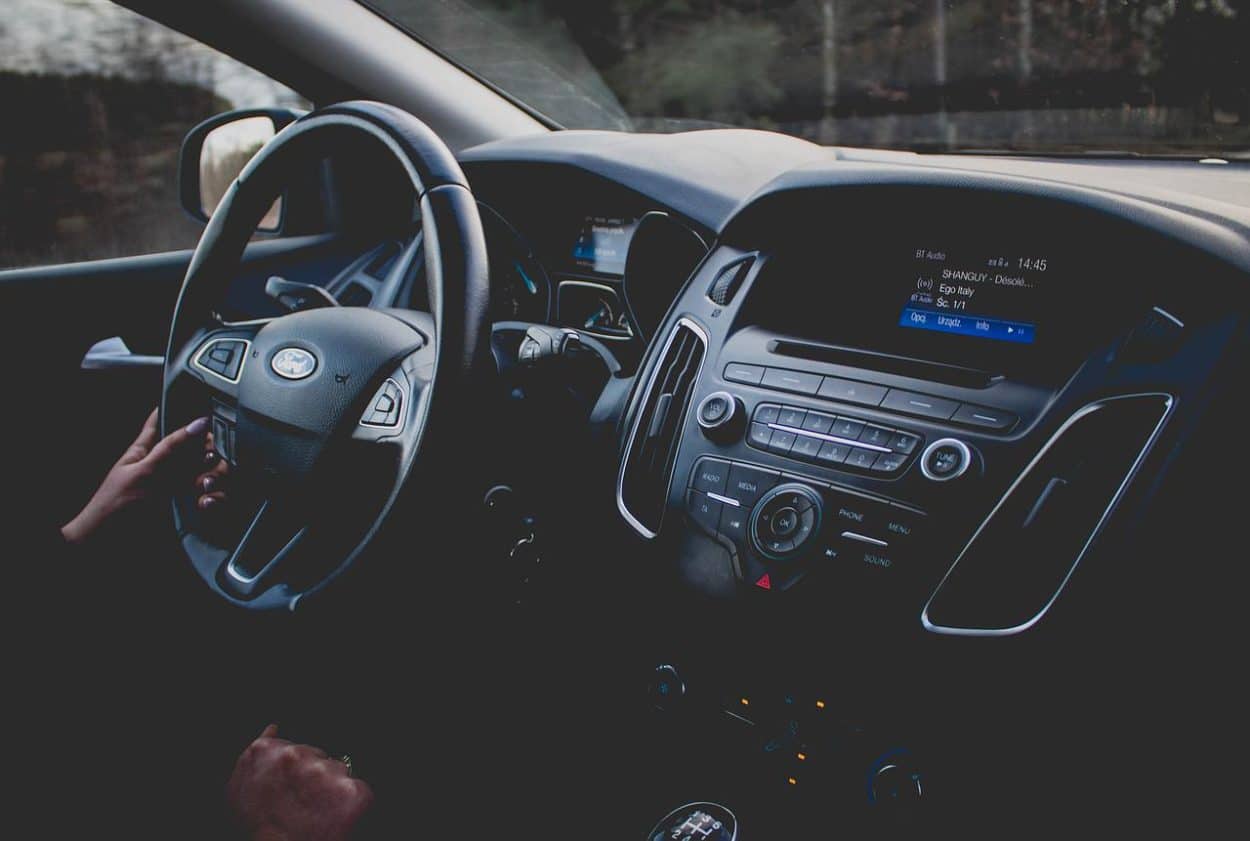High-Income Poverty describes a person who spends the majority of a high income to falsely appear wealthy, successful, or influential.
As a result of their spending, those in high-income poverty do not build wealth. They largely live paycheck-to-paycheck. Worse, most in high-income poverty believe they are rich due to income but fail to realize their weakened financial position because of poor spending habits.
Those in high-income poverty are forced to keep their high-income jobs to fund their expensive lifestyles. A job loss will quickly cause stress and anxiety, possibly risking credit card debt or missing mortgage payments.
For example, suppose John earns $300,000 as a new doctor fresh out of med school.
To keep up appearances, John lives in a $1 million home and pays $4,800 a month on his mortgage. He also drives a brand new $100,000 BMW 750 and has $25,000/year season tickets. In addition, John pays $1,000 a month for his high-end country club membership. John spends about $1,500 monthly on upscale dinners at fine restaurants.
John also has $200,000 in medical school debt and pays $2,300/month at 7% interest.
Let’s run the numbers:
- Mortgage: $4,800/month = $57,600/year
- Auto loan: $2,000/month = $24,000/year
- Season tickets: $25,000/year
- Country club: $1,000/month = $12,000/year
- Restaurants: $1,500/month = $18,000
- Medical school loans: $2,300/month = $27,600
- Extras (gas, clothes, food, utilities, etc): $2,500/month = $30,000/year
- Total yearly spending: $194,200
Clearly, John has a spending problem. John’s after-tax income brings his $300,000 salary to between $183,000 and $211,000. Spending $194,000 a year means John is saving and investing very little money and, as a result, building almost no wealth.
John is in high-income poverty.



